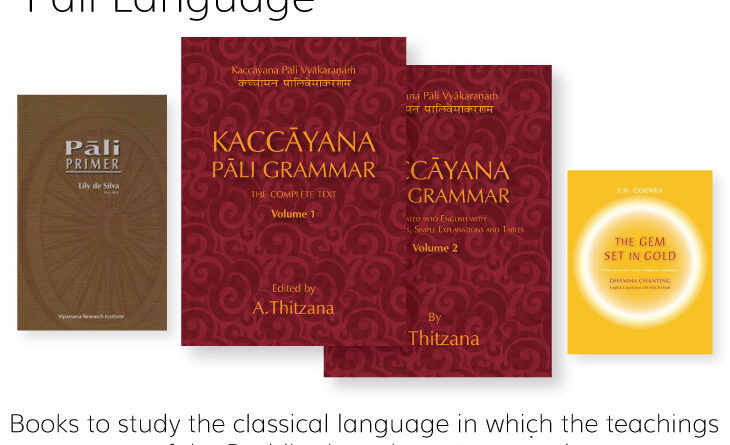Excerpt from S.N. Goenka’s Discourse
There are hindrances; there are difficulties. In (Pāli) they (are) called nīvaraṇā. They are like curtains, thick curtains, which won’t allow you to see the things behind them. You can’t see the reality within you, because of these nīvaraṇas, these obstacles, these barriers. … I call them “five big enemies”.
Two of these big enemies are craving (kamacchanda) and aversion (abhijjhāvyāpāda). You are meditating to come out of your old habit of craving, to come out of your old habit of aversion. And while you are meditating, through ignorance you are multiplying your craving, multiplying your aversion. You are supposed to come out of the misery of craving; you are supposed to come out of the misery of aversion. And look what you have started doing. This is because of the old habit pattern of the mind, because of ignorance, because of these nīvaraṇas, these two nīvaraṇas, two barriers.
Two other big enemies. Understand: all these enemies are defilements, mental defilements, which came into your body, into your mind, as guests, and then they became the owners of the house. They do not want to go out. And when you practice Vipassana, they can’t stay, they have to go out. … but they don’t want to go. So they give you a kick from within: “Stop Vipassana. This is not good for you. I don’t want to go. You stop Vipassana.”
One big kick will make you feel so drowsy. … A very big enemy is overpowering you. Fight it out. … Keep on fighting this enemy. Otherwise, when this enemy overpowers you, you can’t meditate.
Another kick from within. This kick will make you … very agitated (uddhacca-kukkucca). You feel like doing a little bit of this, a little bit of that, a little bit of this, a little bit of that; but no meditation. … It won’t allow you to practice properly. This is a dangerous enemy.
The fifth enemy is doubt. All kinds of doubts come in the mind: “What is this technique? What sort of technique is this? ‘Observe respiration, observe respiration.’ Even when I was not observing respiration, it was there all the time. What do I gain by observing respiration? Now, observing heat, observing perspiration. What I am doing? Have I gone crazy? What kind of meditation is this?” This doubt will not allow you to work.
Vocabulary List
Pañca Nīvaraṇā
The Five Hindrances
-
- kāmacchanda – craving
- vyāpāda – aversion, ill will, desire to injure
- thīna-middha – sluggishness
- uddhacca-kukkucca – agitation
- vicikicchā – doubt, perplexity, uncertainty
- kukkucca – misconduct, bad character, remorse, worry
- middha – torpor, stupidity, sluggishness, ‘stiff’
- nīvaraṇā – hindrance, obstacle
- pañca – five
- thīna – stiffness, stolidity, indifference
- uddhacca – agitation, over balancing, excitement, wavering

